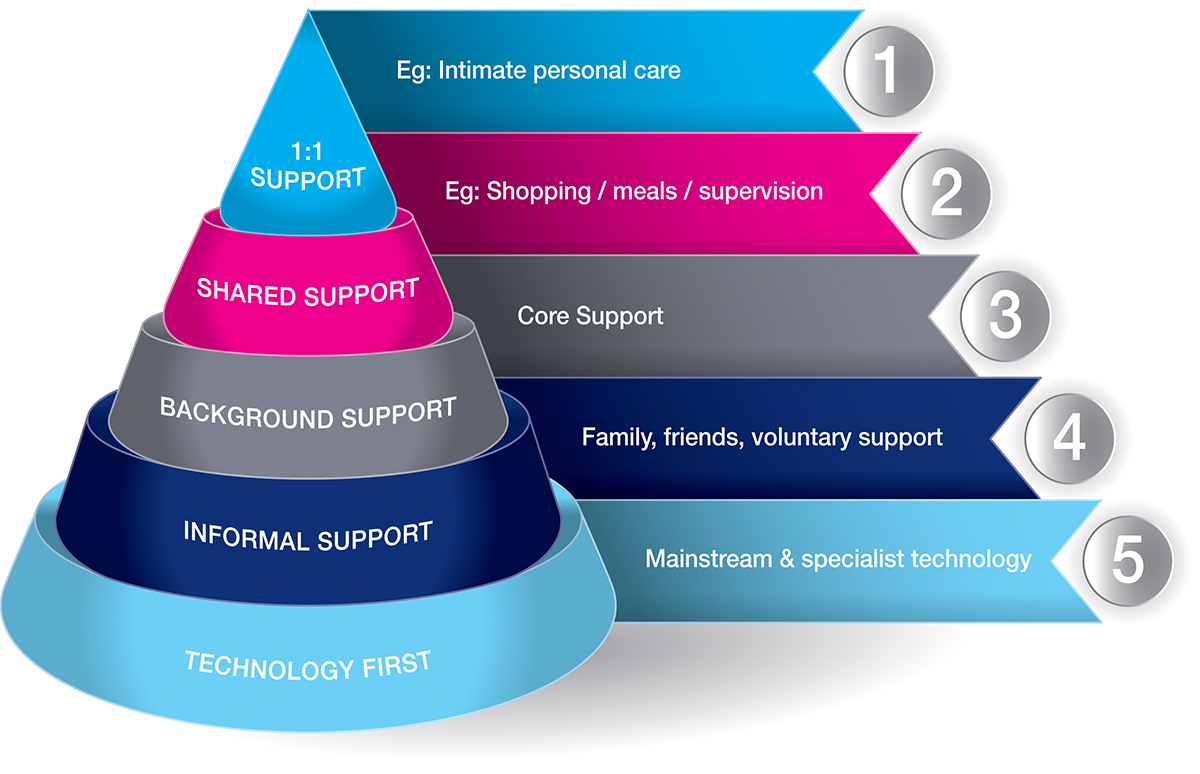Dr Andrew Larner, Chief Executive at not-for-profit government consultancy iESE, explains how local authorities can meet their duty under The Care Act to show they have assessed an individual’s needs whilst protecting care market viability and value for money
The cost of providing specialist care placements is a pressing issue for more than 200 local authorities with a social services responsibility. Local Government Association figures show that severe funding shortages and huge demand led to councils overspending on children’s social care budgets by almost £800 million in 2018/19 despite having budgeted an additional £542 million1.
Historically it has been difficult for care providers and commissioners to have a transparent discussion regarding costs but with some placements costing in the region of £3,000-£4,000 per week it is vital that the local authority is confident it is getting value for money.
To help solve this issue, iESE has developed the next generation of digital specialist care pricing, a secure online tool which generates a guide price for both residential and supported-living placements based on model data. An adult version of the tool launched in early 2019, followed by a children’s version at the end of the year. iESE is also currently working on a version of the tool for eldercare.

Using the tool through a secure account, the assessor puts in information about the individual’s needs and details such as the location of the care setting. The tool, which can be accessed through a range of interfaces, then generates a suggested guide price which gives a starting point for transparent negotiations between providers and care commissioners. It also keeps a record of the case and the assessment, maintaining the case history and helping to demonstrate that the authority is meeting its duty of care responsibilities2. It can also help when explaining to the service user and their family how hours of care have been allocated.
The CareCubed tool helps avoid unnecessary costs but is not a tool designed to harm the provider. There are now around 60 organisations signed up to use the tool, including providers who are seeing the benefit as much as commissioners. There’s a mutual dependence between care commissioners and care providers who deliver essential services in local communities and they contribute significantly to local economies too. Figures published by Skills for Care highlight the number of jobs and gross value added by the care industry in each local authority area3.
Case study: Wiltshire Council
Wiltshire Council has fully embedded CareCubed as a means of support for managing learning disability and autism residential placements.
CareCubed’s structured approach helped Wiltshire identify that a key source of the variation in prices was inconsistencies in the assessment of needs. This was remedied through training for assessment staff, clarification of guidance and appropriate quality assurance.
A clearer definition of the needs of individuals, captured in CareCubed, has enabled the Council to work with providers to “right size” the care packages and renegotiate prices accordingly. “We’ve never had anything as transparent, equitable and user-friendly as CareCubed,” said Victoria Bayley, Lead Commissioner, Specialist Commissioning Team at Wiltshire Council.
Whilst the tool has brought cost-avoidance of approximately £605,000 per annum, sustainability of the Wiltshire care market is also important and, in some cases, the Council has unilaterally proposed increases in rates to providers who were significantly below the CareCubed benchmark price.
“Using CareCubed has helped us to stabilise our market in a fair and equitable way. It has provided us with robust benchmarking data across our market, which gives us clear evidence to be able to enter into a robust and business-based discussion with our providers on a fair price. This has enabled us to move our relationships to a more positive and focussed place,” added Hazel Matthews, Assistant Head of Service, Specialist Commissioning at Wiltshire Council.
Case Study: Staffordshire County Council
Staffordshire County Council use CareCubed to manage the cost of their specialist placements, predominantly for adults with a learning disability and/or autism. Using CareCubed, social workers assess client needs and enter the details into CareCubed which then generates a guide price range. If the provider price is within the benchmark range then it can be agreed straight away. If it’s above the range then it’s referred to the commissioning team for review. The commissioning team will then request further information as necessary and discuss with the provider to agree a price. “With CareCubed’s structured cost breakdown and robust benchmark costs, we are much more confident in our negotiations with providers. It really helps us manage costs and keep things in check,” explained Caryl Laffey, Category Manager, All Age Disability Commercial Team at Staffordshire County Council.
Hierarchy of needs
iESE offers support to its user base in the form of training and user forums to help them get the best from the tool. As part of this it has designed a hierarchy of needs table (see graphic) to assist users when commissioning care. It aims to avoid the default position of opting for one-to-one support by working through a table of other potential solutions first. This could both reduce the hours of care commissioned and help the client retain independence – an important consideration of The Care Act.
Please note: This is a commercial profile











